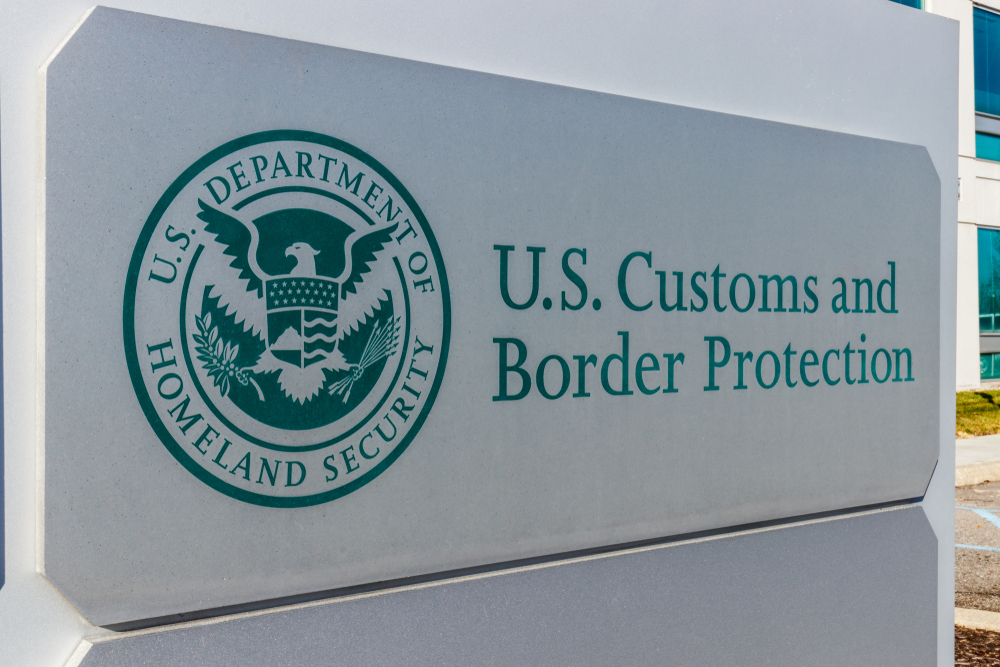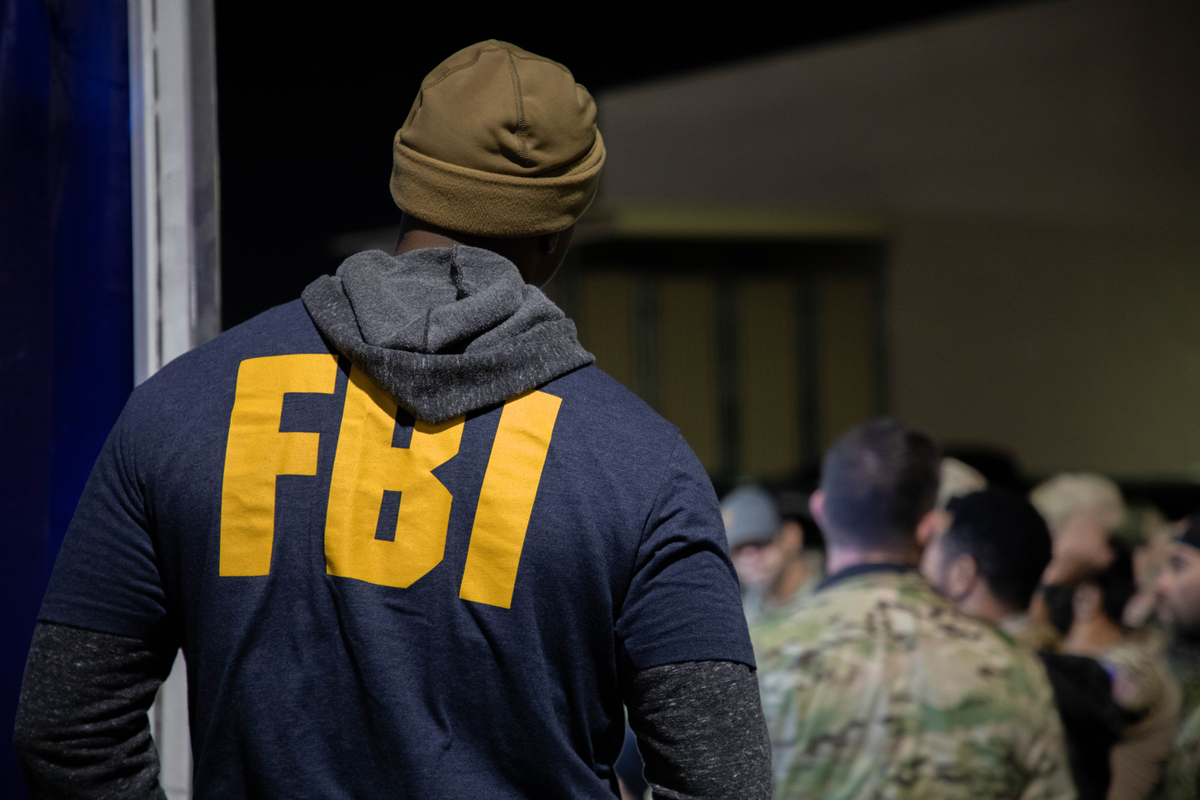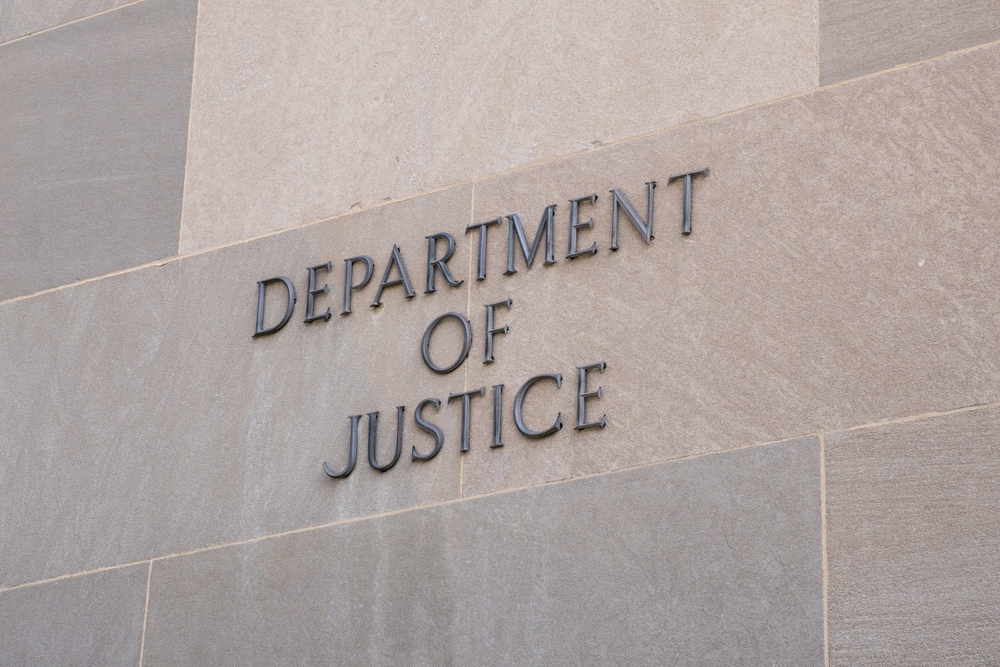The Apple v FBI standoff continues to generate more heat than light, with both sides putting their case to “the court of public opinion” — which, in this case, is at best premature and at worst daft. Apple has just responded to the court injunction obliging it to help the government unlock the iPhone used by one of the San Bernadino killers with a barrage of legal arguments involving the first and fifth amendments to the US constitution. Because the law in the case is unclear (there seems to be only one recent plausible precedent and that dates from 1977), I can see the argument going all the way to the supreme court. Which is where it properly belongs, because what is at issue is a really big question: how much encryption should private companies (and individuals) be allowed to deploy in a networked world?
In the meantime, we are left with posturing by the two camps, both of which are being selective with the actualité, as Alan Clark might have said. Apple is staking a claim to the high moral ground: this is not just about one phone, it says, but about the security and privacy of millions of citizens everywhere. Agreeing to the FBI’s request to write a special version of the phone’s operating system that would disable its in-built blocking mechanism against automated password guessing would set a very dangerous precedent that governments everywhere would exploit. True, especially in China, where, coincidentally, Apple sells more iPhones than it does in the US.
The FBI, for its part, is trying a two-pronged approach. One is the soothing tone: don’t worry about a precedent, they say, we just want to get the data off this one phone. The FBI should tell that to the marines, or at any rate to prosecutors all over the US who have iPhones that they want Apple to unlock. The Manhattan district attorney, to name just one, has 175 of the darned things. So if Apple is forced to concede in the end, it’ll find a long queue at its door.
The other part of the FBI strategy is also to stake a claim to the high moral ground. James Comey, its director, has been sounding off for ages that cyberspace is “going dark” (ie invisible to law enforcement) because of encryption and that this is intolerable. Over here, the same line has been energetically peddled by David Cameron. “In extremis,” he said recently, “it has been possible to read someone’s letter, to listen to someone’s call, to mobile communications… The question remains: are we going to allow a means of communications where it simply is not possible to do that? My answer to that question is: no, we must not.”
To read more click here.
Other Stories of Interest
- Judge Rejects Profiling Suit Against Border Patrol in Ohio
- Homeland Security Releases Boston Marathon Bomber’s Immigration File
- Lawmakers Ask FBI to End Secrecy Pact of Singray Tracking
- Firearms Dealer Sues ATF over Permits to Import Ammunition for Resale
- FBI Busts Movie Industry Insider for DVD Screener Leaks






